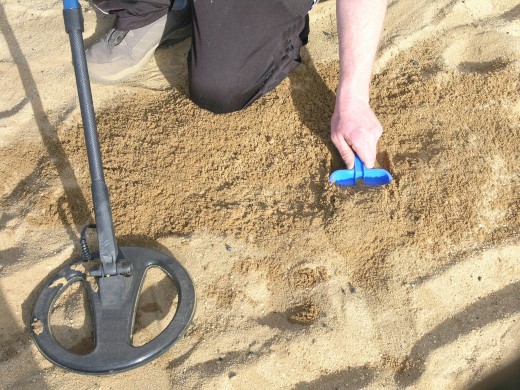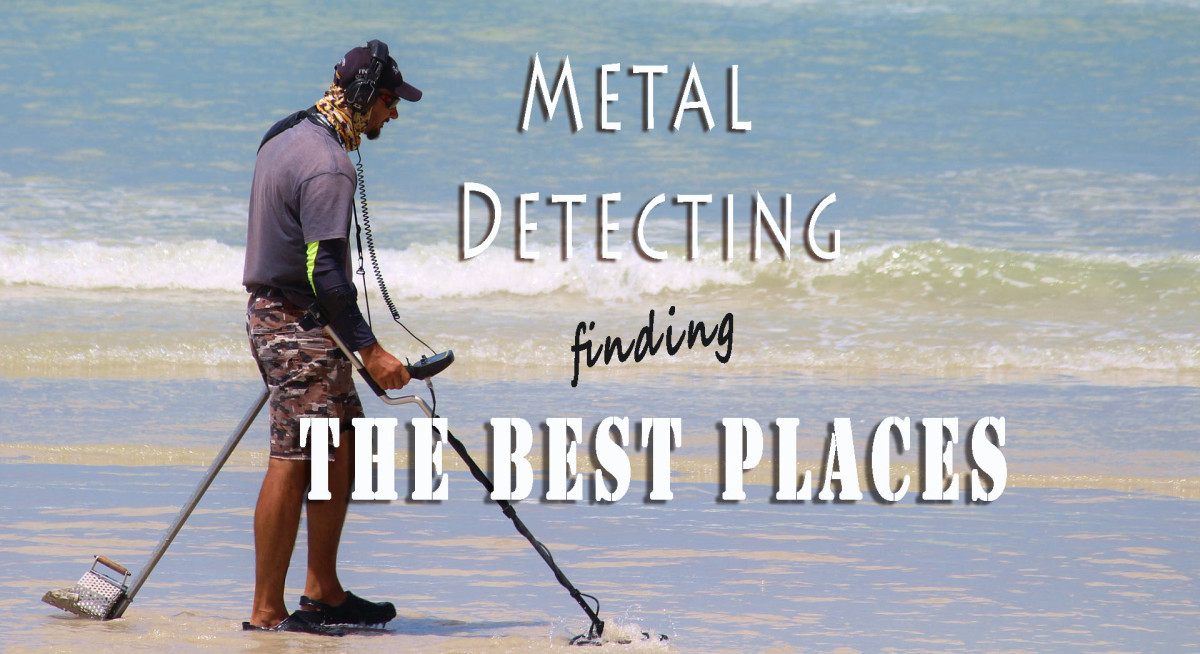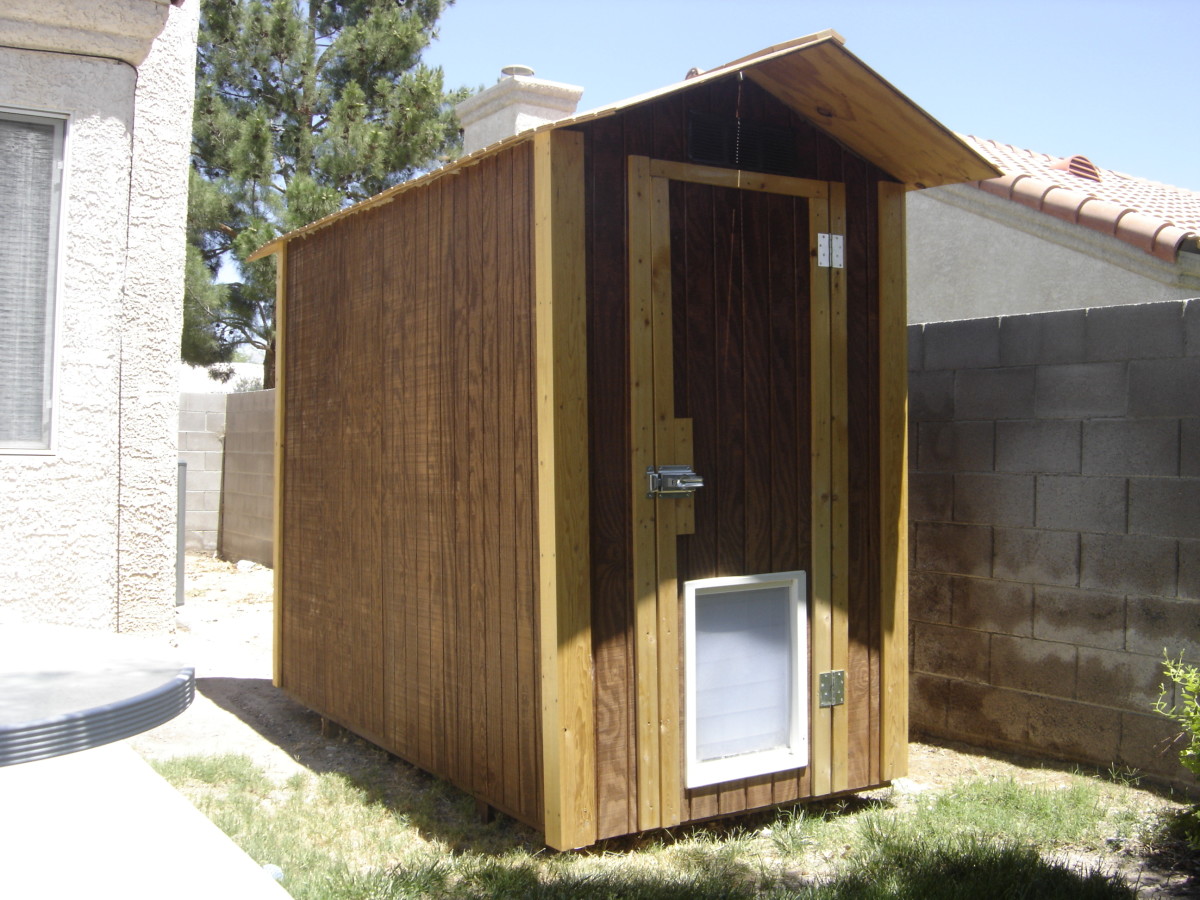Treasure Hunting- The Metal Detector
So when you think of treasure hunting, does a pirate holding a map come to mind? The map of course is aged parchment or leather and there is a big "X" marking the location of chests full of treasure. While treasure hunting movies may lead you to believe that a treasure has to be found with a map and in some beautiful, remote location, there is more to treasure hunting than that. I have recently written several articles about modern day treasure hunting. The three main areas that I covered, which have some overlap, are searching property, metal detectors and looking for hidden caches. Caches are what we think of when we imagine a chest of gold, but there are thousands of treasure hunters around the world that never see a cache or chest of gold. Let's take a look at the everyday treasure hunter and his metal detector.

What Is A Metal Detector
For those of you unfamiliar with how a metal detector works, it uses an electromagnetic field to located metal items nearby. The distance it can locate a metal object will vary depending on the model, but many models may be able to locate a buried coin 8-12 inches underground. The more expensive the model, the more additional features it may have. Some metal detectors have the ability to differentiate between different types of metal, therefore alerting you that the item you have located is likely a penny or maybe a gold ring.
Buying the cheapest metal detector you can find, may not help you very much in the long run. It may not be as powerful and therefore you will not locate as many items. While this obviously means less treasure for you to find, it also means you may become more frustrated that you don't find anything and are more likely to quit metal detecting.
You don't have to buy the most expensive model either. Look at some of the major manufacturers and look for reviews for several of their lower end models. You might be able to find a lower end model from a respectable manufacturer that lets you learn how to use a metal detector and still have some room to grow as you get more into the sport. If you decide to pursue it more, you can always upgrade to a unit with additional options, or if you decide that you don't want to go out more than a couple times a year, you have a decent device that will serve you well.
Where To Use Your Metal Detector
So lets say that you went out and bought a metal detector, now what? To get started, drop some coins in your own yard and practice using your metal detector on them. This will give you an idea of how the metal detector works. Since you know where the coin is, approach it from all sides, you will start to get a feel for how the metal detector reacts to the metal and watching where you get the indication that it found something will help you to know where to look when you get a hit on something that is buried under sand or dirt.
Once you have an idea how it works and are ready to move on to finding something that is actually hidden, look for a playground. It is easier if you can do this on a weekday or a time when there aren't many kids around. Try to find one that has wood chips or loose sand so that you will only have to sift, not really dig. Start looking around the playground, especially in areas where kids might hang upside down, fall or come out of a slide. You may find metal trash, coins or even jewelry. Every time you find something, try to make a mental note of the indication from the metal detector, how deep the item was and how close it was to where you thought it was. All of these things will help you to make your future quests more productive and efficient.
As you progress in your skill level and a desire to seek out more treasures, you will look for new places to look. Parks can be a great place, but be mindful when digging, check to see if you need permission for the park you are going to and always replace any dirt or sod that you move. Beaches, along the ocean or even local lakes and rivers, make an excellent place to look. You can also look in your own yard or friends and family's properties.
You never know what you might find, probably some trash, a number of coins and the occasional jewelry. Over time you will likely find some older coins, better jewelry and maybe, just maybe, find something worth even more. Good luck treasure hunting and please leave comments with your own metal detecting experiences.






